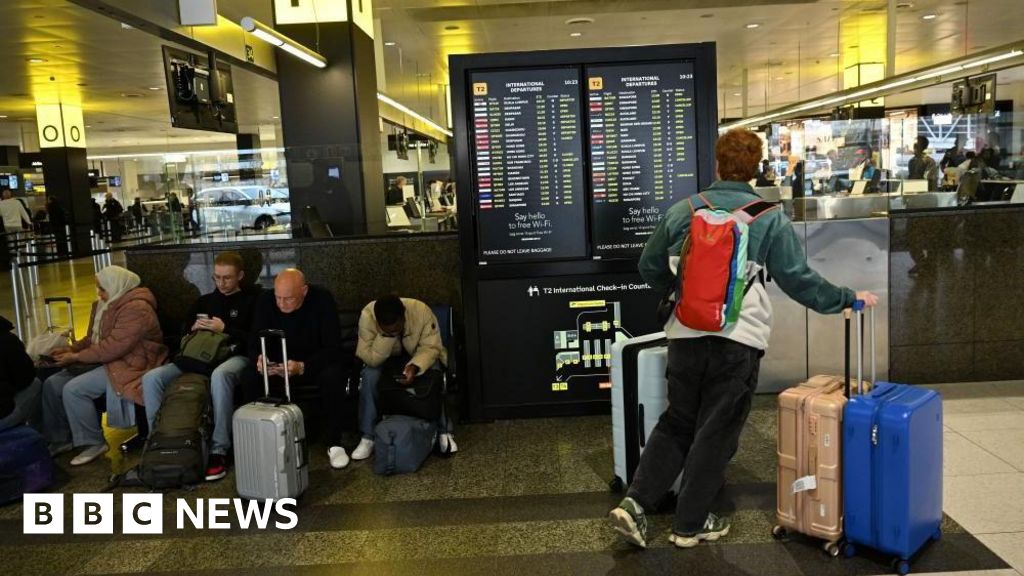Microsoft says it estimates that 8.5m computers around the world were disabled by the global IT outage.
It’s the first time a figure has been put on the incident and suggests it could be the worst cyber event in history.
The glitch came from a security company called CrowdStrike which sent out a corrupted software update to its huge number of customers.
Microsoft, which is helping customers recover said in a blog post: “We currently estimate that CrowdStrike’s update affected 8.5 million Windows devices.”



Linux could have easily been bricked in a similar fashion by pushing a bad kernel or kernel module update that wasn’t tested enough. Not saying it’s the same as Windows, but this particular scenario where someone can push a system component just like that can fuck up both.
Yes it can, but a kernel update is a completely different scenario, and managed individually by companies as part of their upgrades. It is usually tested and rolled out incrementally.
Furthermore, Linux doesn’t blue screen. I know some scenarios where Linux has issues, but I can count on one finger the amount of times I’ve had an update cause issues booting… and that was because I was using some newer encryption settings as part of systemd.
However, it would take all my fingers & toes, and then some, to count the number of blue screens I’ve gotten with Windows… and I don’t think I’m alone in that regard.
Linux doesn’t blue screen, no. A kernel panic is a black screen.
And you’re running corporate kernel level security software on your encrypted Linux server?
I guess it depends on what you consider corporate kernel level security. Would that include AppArmor, SELinux, and other tools that are open-source but used in some of the most secure corporate and government environments? Or are you asking if I’m running proprietary untrusted code on a Linux server with access to the system kernel?
deleted by creator
Tell me you’ve never administered at scale without telling me you’ve never administered at scale.
Bruh, disk encryption is not optional in many environments and dealing with unbootable LUKS Linux is pretty much on par with an unbootable Bitlocker Windows machine.